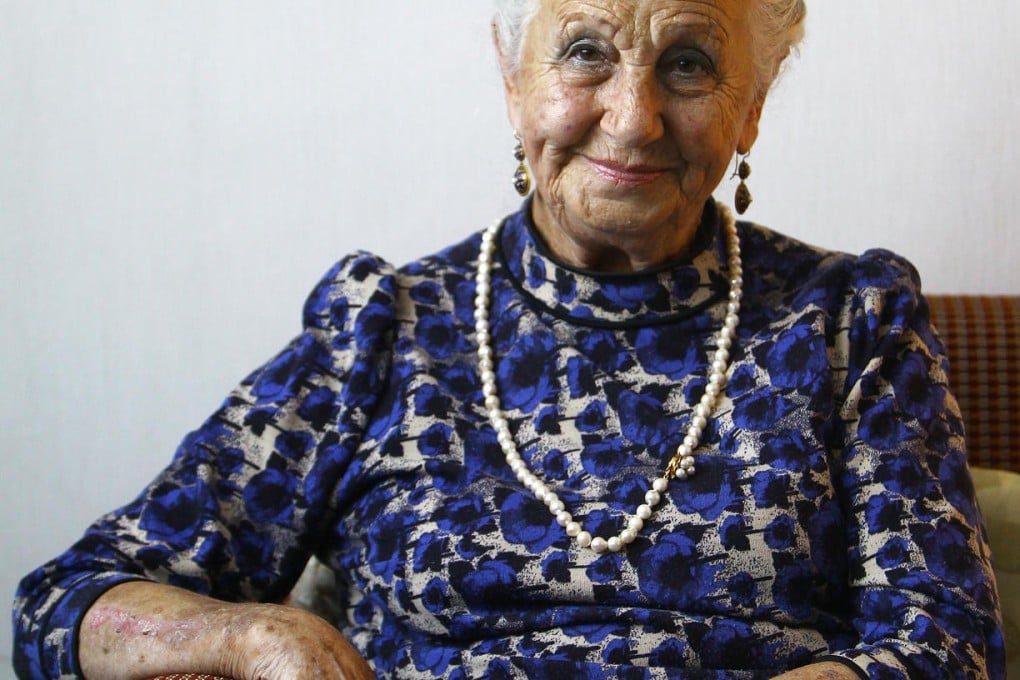My life: Olga Horak, Auschwitz survivor
As the only member of her family to survive Auschwitz, the 87-year-old author talks to Liana Cafolla about loss and the tragedy of war

I was born in 1926 (in Bratislava, in what is now Slovakia), the second child of my parents. My childhood was very privileged and I enjoyed the warmest, most wonderful family attention as a child. The wonderful years didn't last very long. In 1939, all German laws were adopted - the (anti-semitic) Nuremburg Laws - and were immediately exercised. When it happened, it was too late to make arrangements to leave or to emigrate. We couldn't go to school. We lost all our friends. We couldn't conduct our business. We couldn't travel. We couldn't sit on a bench in a park. We couldn't be outside after sunset. We couldn't have our professions. We were deprived of all human rights. It was hard to take, very difficult to accept.
In 1942, one night, we were at home after sunset. The guard came with a list of names of 16-year-old Jewish boys and girls. My sister was on the list. They collected her, took her away. We never saw her again. We knew later on that she was taken to Auschwitz and probably perished there, or maybe another camp. That was very harsh. Of course, my parents were heartbroken. So was I. We were given a hiding place by our next-door neighbour, who was supposed to be a good friend of my mum. She said, "Go there, you can stay there, and I will look after you." Two weeks later, she denounced us. She brought the guards. They took us away. This is how we finished up that first night in a collection camp, and then we were taken to Auschwitz.
MEETING DR MENGELE We were shoved, pushed, screamed at. It was Dr (Josef) Mengele who performed the selection. We had never heard of selecting people before. We were immediately parted from the men. That was when I saw my father for the very last time, and my grandma, too. Elderly people were immediately told to form a group, [as were] very young people - mothers and babies. These people were immediately taken to the gas chambers and killed. They were told, "Don't worry, you'll be put on a bus, on the Himmelsreise" - the sky trip. That was through the chimney. We just wondered, "What does it mean?" Later on, of course, we put two and two together. We knew what it meant.